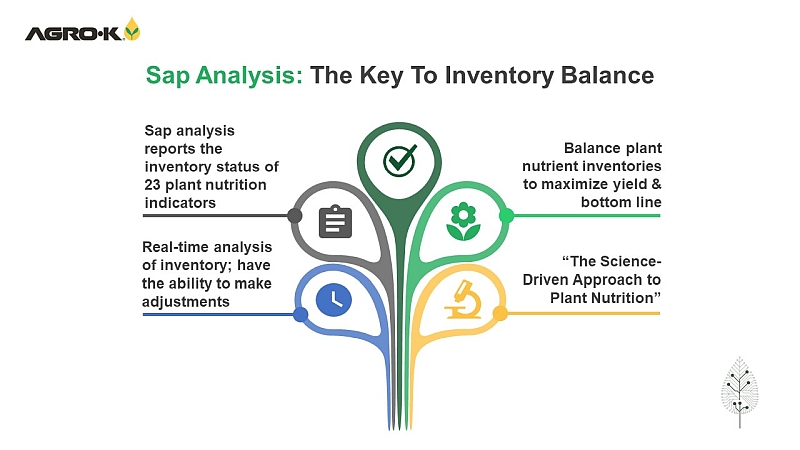Back Up Your Work So You Don’t Lose Valuable Farm Data
If you’ve ever been a victim of a mild case of computer fever, a customer file that you couldn’t open, or an important spreadsheet that you or someone accidentally deleted, consider yourself lucky. Glitches like that pale in comparison to the ultimate computer disaster — a hard disk crash or a virus that wipes out all of your business records.
Fortunately, modern technology has made protecting your business from those kinds of disasters simple and inexpensive. Here are four backup methods that can give you the peace of mind that comes from knowing that your business records are safe.
Jump Drives
Jump drives are tiny plug-and-play portable storage devices that use flash memory for data storage. As small as ½ an inch by 2 inches, they can be toted around in a shirt pocket.
Jump drives will work with any newer PC or Mac with a USB port. When you plug a jump drive into a USB port, your computer automatically assigns it to the next available drive letter. Then, just use the drag-and-drop method to transfer files and folders.
Retail prices for jump drives range from about $30 for a 512 MB unit to about $60 for 2 GBs of capacity.
External Hard Drives
The “permanent” storage device on your computer is its hard drive. This is where all of your applications and data files reside.
“The method of choice for backups is the addition of an external hard drive,” says Leibrandt. “Just plug the device into a USB port and copy your entire library of data files. If you like, unplug the drive and take it home with you at night for safe off-site storage.”
Drives of up to a whopping 250 GB of capacity selling for about $100 are smaller than your favorite novel. Even smaller drives with a capacity of 20 GB (more than enough space to store all of the data files for a typical operation) are no larger than a cigarette package.
Online Data Storage
Online data storage allows you to log on to a secured Web site where you may upload your files for storage and recovery, if that is ever necessary.
The costs for online storage vary according to the capacity you require. Ibackup.com offers a basic plan with 5 GB of storage space for $9.95 per month. An enhanced plan with additional features costs $14.95 per month. Packages of up to 300 GB are available from Ibackup.
Rates from other companies are similar. Iron Mountain offers a plan with 2 GB of space for about $165 per year (www.ironmountain.com).
“There’s one caution with online data storage that you should keep in mind,” says Leibrandt. “If the provider’s server goes down, you won’t be able to backup or have access to your files until the problem is fixed. I consider online data storage a supplement to backups, not a replacement.”
Schedule Regular Backups
How often should you back up your data? If you use your computer only occasionally, a weekly backup might be enough. However, in your business, chances are that important information in your computer changes every day. That’s why you should make backing up a regular part of your daily routine.
“For the ultimate in protection, you must store a backup copy of your data offsite,” says consultant Robert Meyheofer. “When a client of mine’s building was destroyed by fire, I asked if he had current backups of his business data. ‘Sure,’ he replied. When I asked where they were, he pointed to his burnt-out building.”
Whatever backup option you choose, be sure to do a test restore occasionally to make certain that it is working properly. “Don’t wait until you have a catastrophic loss to discover that your backups don’t work,” says Leibrandt.









